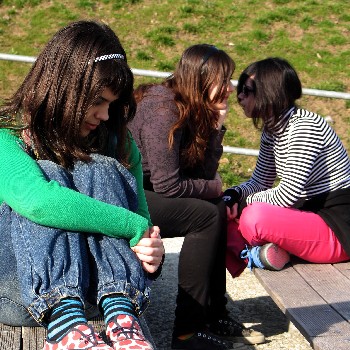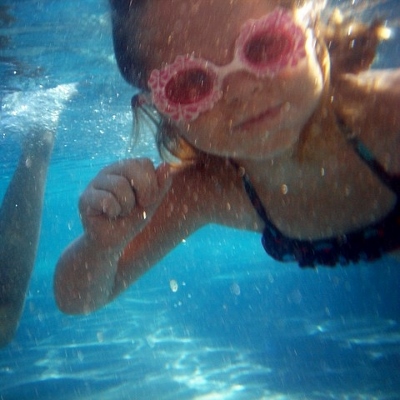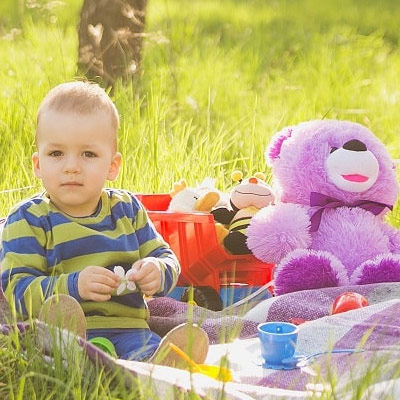 Until middle school, children tend to be more accepting of each other. Then, around the age of 11, children will begin to group themselves (and each other) into cliques. There are the jocks, the nerds, the goths, the drama/music kids, the popular group, and more. Although the names of these cliques may change over the years, they remain the same in the fact that they affect the social life of a tween. As a parent, it’s smart to talk about cliques with a child.
Until middle school, children tend to be more accepting of each other. Then, around the age of 11, children will begin to group themselves (and each other) into cliques. There are the jocks, the nerds, the goths, the drama/music kids, the popular group, and more. Although the names of these cliques may change over the years, they remain the same in the fact that they affect the social life of a tween. As a parent, it’s smart to talk about cliques with a child.
Clique Benefits
In middle school a child wants to belong. In our society, it is seemingly better to be part of something than to exist on the fringes; therefore, cliques can provide a child with a group of like minded friends. For instance, a child who loves to sing and act will naturally try out for musicals and plays. There he will meet others who share his passion. In a sense, he is choosing to associate with this type of person.
Another benefit besides a sense of belonging is the chance to begin finding out who one is, including likes and dislikes. Consider a child whose mother pushes her to be a science geek by joining the science club. The child finds that she is bored to tears in the club and wishes to be part of volleyball instead. If allowed to try something different, the child will eventually find out what truly ignites a passion inside of her.
Clique Drawbacks
Of course there are drawbacks to these social groups as well. First and foremost, being a part of one clique can prevent a child from exploring all of his or her options. I knew a talented girl who excelled at almost everything, yet she was dovetailed by her peers into a social group she associated with when she first arrived at a middle school. No matter how hard she tried, she would not be accepted as anything but a jock. Although this is hopefully not the norm, sometimes cliques do can be difficult to break free from.
Another drawback of cliques is that some carry negative perceptions along with them. In my daughter’s school, children who associate with the goths are thought to be depressed and anti-social. As adults, we know that these are stereotypes, but tweens may think that certain behaviors and talents go along with being part of one specific group. From my own experience, it was thought that all science geeks were socially inept and not fun. This is most certainly not reality, correct?
Should Children Clique?
The question remains, then, should a parent be concerned if his or her child is part of a clique? My advice would be to know who your child’s friends are and to encourage your child to participate in all activities he or she likes, regardless of cliques. This worked for my outgoing youngest daughter. She has had an easy time moving between groups because of her willingness to be friends with all her classmates.










